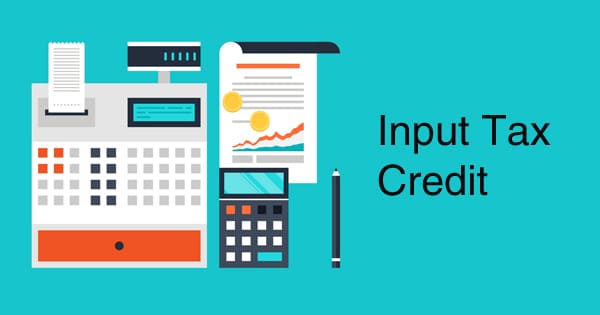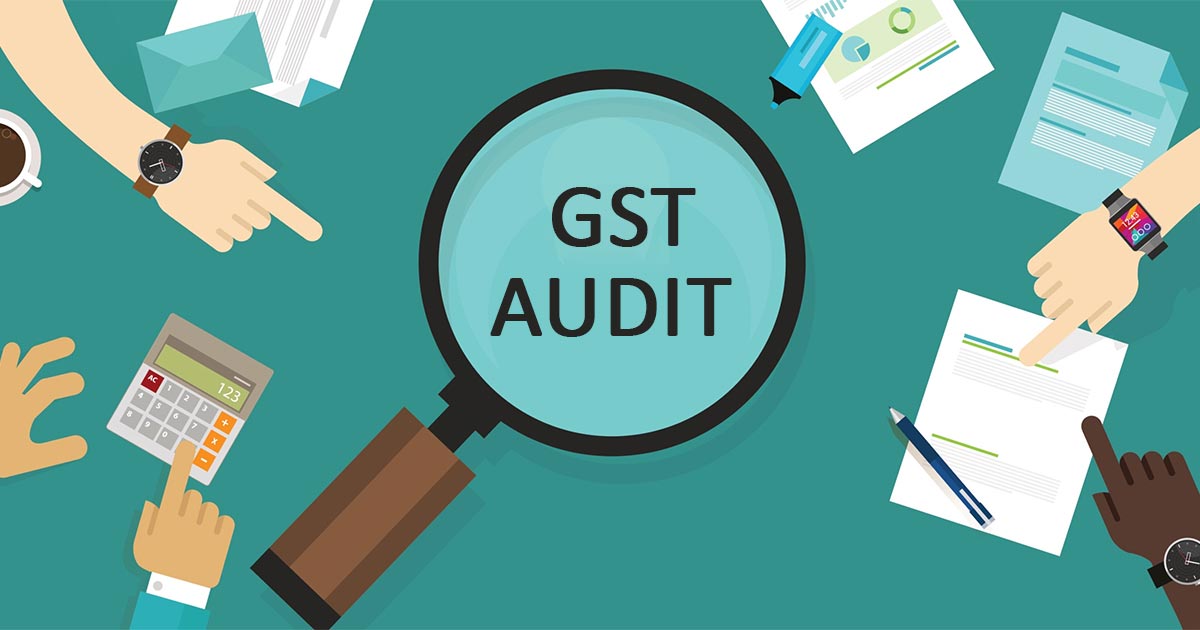CBIC vide Circular No. 211/5/2024-GST dated 26th June, 2024 has clarified that input tax credit can be availed in respect of GST paid under RCM on supplies received from unregistered person even if the self invoice has been issued after the time limit u/s 16(4) of the CGST Act considering the year when supply was received.
The contents of the Circular are briefed as under:
As per section 16(2)(a) of CGST Act, no registered person shall be entitled to the credit of any input tax in respect of any supply of goods or services or both to him unless he is in possession of a tax invoice or debit note issued by a supplier registered under this Act, or such other tax paying documents as may be prescribed.
Rule 36(1)(b) of the CGST Rules prescribes that input tax credit (ITC) shall be availed by a registered person inter alia on the basis of an invoice issued in accordance with the provisions of section 31(3)(f) of CGST Act, subject to the payment of tax which provides that a registered person, who is liable to pay tax under section 9(3) or 9(4), shall issue an invoice in respect of goods or services or both received by him from the supplier who is not registered on the date of receipt of goods or services or both.
Accordingly, where the supplier is unregistered and recipient is registered, and the recipient is liable to pay tax on the said supply on RCM basis, the recipient is required to issue invoice as per section 31(3)(f) of CGST Act and pay the tax in cash on the same under RCM.
Section 16(4) of CGST Act, as amended vide the Finance Act, 2022, deals with time limit to avail ITC, and is reproduced below-
“A registered person shall not be entitled to take input tax credit in respect of any invoice or debit note for supply of goods or services or both after the thirtieth day of November following the end of financial year to which such invoice or debit note pertains or furnishing of the relevant annual return, whichever is earlier.”
It can be seen that section 16(4) of CGST Act links the time limit for ITC availment with the financial year to which the invoice or debit note pertains. As discussed above, in case of supplies where the supplier is unregistered and recipient is registered and the tax has to be paid by the recipient on RCM basis, the recipient is required to issue invoice in terms of the provisions of section 31(3)(f) of CGST Act and pay the tax on the same in cash under RCM. Further, as discussed above, ITC cannot be availed by a registered person in respect of any supply of goods or services or both received by him, as per the provisions of section 16(2)(a) of CGST Act, unless he is in possession of a tax invoice or debit note or such other tax paying documents as may be prescribed.
A combined reading of the above provisions leads to a conclusion that as ITC can be availed by the recipient only on the basis of invoice or debit note or other duty paying document, and as in case of RCM supplies received by the recipient from unregistered supplier, invoice has to be issued by the recipient himself, the relevant financial year, to which invoice pertains, for the purpose of time limit for availment of ITC under section 16(4) of CGST Act in such cases shall be the financial year of issuance of such invoice only. In cases, where the recipient issues the said invoice after the time of supply of the said supply
and pays tax accordingly, he will be required to pay interest on such delayed payment of tax.
Accordingly, it has been clarified that in cases of supplies received from unregistered suppliers, where tax has to be paid by the recipient under reverse charge mechanism (RCM) and where invoice is to be issued by the recipient of the supplies in accordance with section 31(3)(f) of CGST Act, the relevant financial year for calculation of time limit for availment of input tax credit under the provisions of section 16(4) of CGST Act will be the financial year in which the invoice has been issued by the recipient under section 31(3)(f) of CGST Act, subject to payment of tax on the said supply by the recipient and fulfilment of other conditions and restrictions of section 16 and 17 of CGST Act.
In case, the recipient issues the invoice after the time of supply of the said supply and pays tax accordingly, he will be required to pay interest on such delayed payment of tax. Further, in cases of such delayed issuance of invoice by the recipient, he may also be liable to penal action under the provisions of Section 122 of CGST Act.
READ / DOWNLOAD CIRCULAR: CLICK HERE
Frah Saeed is a law graduate specializing in the core field of indirect taxes and is the Co-founder of taxwallah.com. She has authored many publications on GST and is into full-time consultancy on GST to big corporates. She as a part of taxwallah.com heads a team comprising of Chartered Accountants and Advocates and plays a key role in our mission to disseminate GST knowledge to all.




